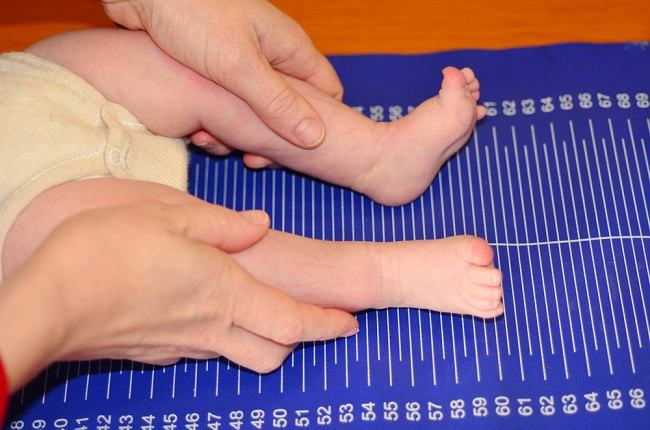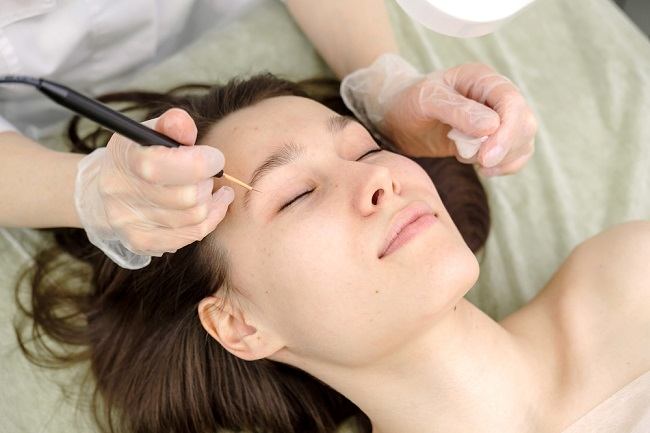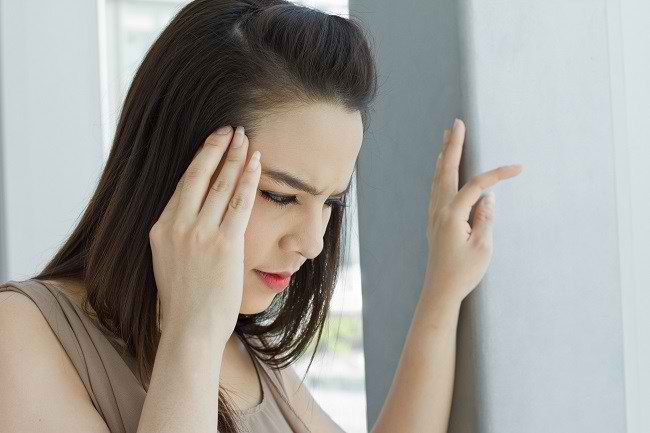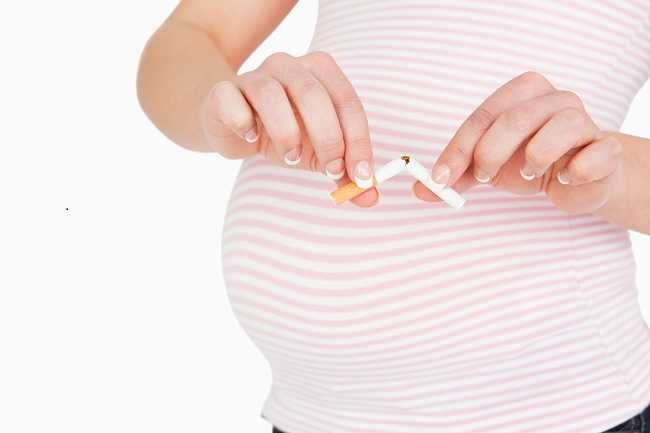Hemorrhoids during pregnancy is one of the most common complaints experienced by pregnant women. Some pregnant women possible not bothered by this, but sometimes hemorrhoids that appear during pregnancy can cause discomfort. But pregnant women need not fret, there are several ways that can be tried to overcome this condition.
Hemorrhoids are a condition when the veins in the rectal area become swollen. This condition can be recognized by the appearance of lumps around the anus that are itchy, painful, and occasionally bleed.

Experiencing hemorrhoids during pregnancy increases the chances of pregnant women experiencing hemorrhoids again after giving birth later. Although it generally occurs in the third trimester, hemorrhoids can also appear in the earlier trimester of pregnancy.
What Causes Hemorrhoids? saat pregnant?
There are various causes of hemorrhoids during pregnancy. However, most of it is the impact of the increasing size of the uterus. During pregnancy, the pregnant woman's uterus will continue to enlarge following the growth of the fetus. The increasing size of the uterus will create pressure on the blood vessels around the anus. As a result, blood flow around the uterus and pelvis will be disrupted, resulting in swelling.
Although the enlargement of the uterus is the most common factor that causes hemorrhoids during pregnancy, it does not rule out the fact that this condition can also be caused by other things, for example, because pregnant women suffer from constipation.
When constipated, the stool becomes harder than usual. This makes pregnant women need to exert extra energy to get it out. now, straining too hard can put pressure on the blood vessels around the anus.
If it occurs for a long time, this pressure on the anal veins can cause swelling, causing hemorrhoids to appear.
Some other factors that can also cause hemorrhoids during pregnancy are hormonal changes, standing too long, and increasing the amount of blood that makes the blood vessels dilate. To find out the exact cause, pregnant women need to see a doctor.
Then, How to Overcome Hemorrhoids saat pregnant?
Hemorrhoids usually go away on their own after pregnant women give birth. But, just waiting and hoping for a speedy recovery is not a wise decision. Pregnant women can prevent hemorrhoids from getting worse while speeding up their healing by applying the following methods:
- Consumption of high-fiber foods, such as chia seeds, apples, and cucumbers, and drink plenty of water to prevent or treat constipation during pregnancy.
- Light exercise regularly for 30 minutes every day. Ask your doctor what kind of exercise is good for pregnant women.
- Make sure the area around the anus is kept clean. Avoid using wet wipes or soap that contains fragrance when cleaning it.
- Don't sit or stand for too long. This can put too much pressure on the hemorrhoid and make it difficult to heal or even get worse.
- Try Kegel exercises. This exercise can improve blood flow and tighten the muscles around the anus, vagina, and pelvis.
- Do not hold bowel movements for too long. This should not be done because if you hold it in, the stool will harden and pregnant women need to push hard to get it out.
- If the doctor gives supplements or laxatives, then use them regularly.
Pregnant women can also follow some of the ways below to relieve pain and itching that may occur due to hemorrhoids:
- Sit or squat and soak the anal area with hemorrhoids in a basin of warm water. Do this for 3-4 times a day for 10-15 minutes.
- Compress the hemorrhoid area with an ice cube wrapped in a cloth, for at least 10 minutes every day.
- Ask your doctor about the use of hemorrhoid medications or ointments that pregnant women can use to relieve the symptoms of hemorrhoids.
Pregnant women need to remember, whatever pregnant women consume and do during pregnancy will affect the condition of the fetus in the womb. Therefore, before pregnant women apply the ways to deal with hemorrhoids during pregnancy, consult with your obstetrician first. Especially if the hemorrhoids get bigger, painful, itchy, and cause profuse bleeding in the anus.









